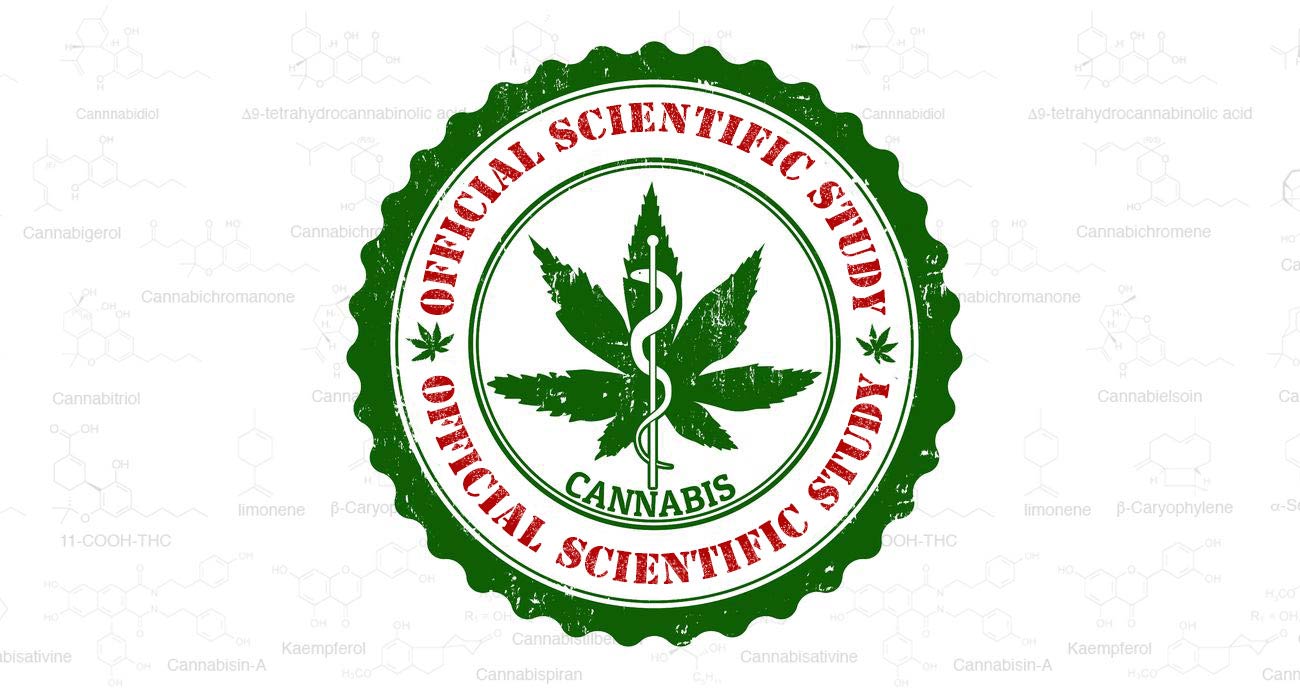ABSTRACT:
Cannabis remains the most commonly abused illicit drug and is rapidly expanding in quasi-licit use in some jurisdictions under medical marijuana laws. Effects of the psychoactive constituent Δ9tetrahydrocannabinol (Δ9THC) on cognitive function remain of pressing concern. Prior studies in monkeys have not shown consistent evidence of memory specific effects of Δ9THC on recognition tasks and it remains unclear to what extent Δ9THC causes sedative versus specific cognitive effects. In this study, adult male rhesus monkeys were trained on tasks which assess spatial working memory, visuo-spatial associative memory and learning as well as motivation for food reward. Subjects were subsequently challenged with 0.1-0.3 mg/kg Δ9THC, i.m., in randomized order and evaluated on the behavioral measures. The performance of both vsPAL and SOSS tasks was impaired by Δ9THC in a dose and task-difficulty manner. It is concluded that Δ9THC disrupts cognition in a way that is consistent with a direct effect on memory. There was evidence for interference with spatial working memory, visuo-spatial associative memory and incremental learning in the latter task. These results and the lack of specific effect of Δ9THC in prior visual recognition studies imply a sensitivity of spatial memory processing and/or working memory to endocannabinoid perturbation.
Read full study here

